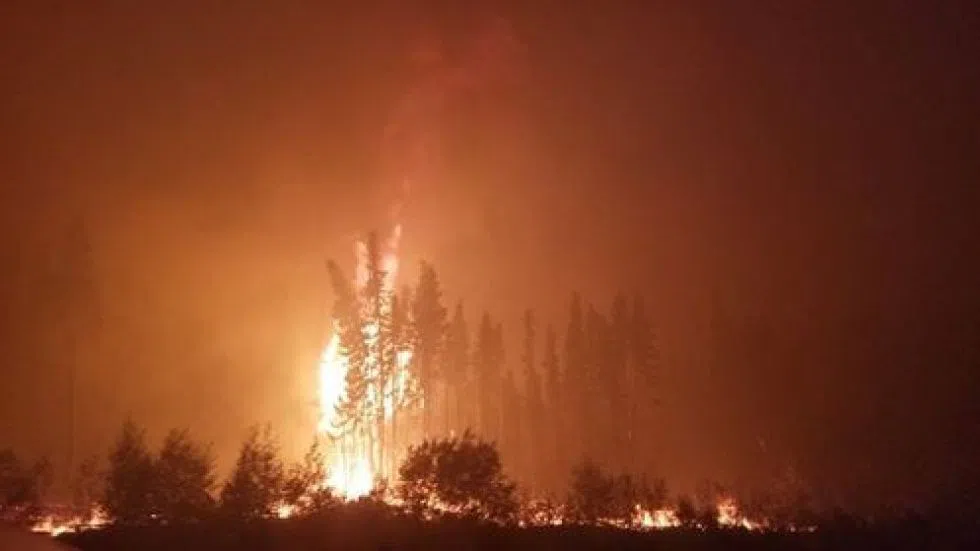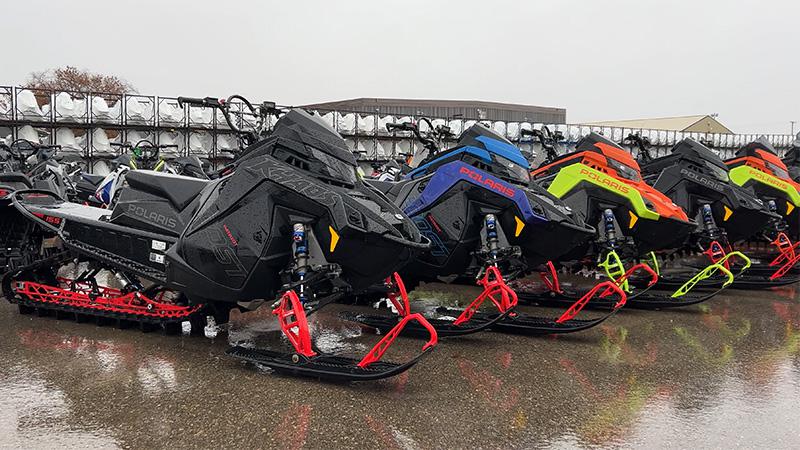
Wildfire task force seeks cooperation with provincial government
Although wildfire season is still months away, plans are already being made in terms of how to approach any blazes this summer.
The newly established wildfire task force met for the first time officially in Stanley Mission on Jan. 26. The task force, which was officially announced last week by the Prince Albert Grand Council, is setting out to establish a connection with the provincial government.
According to Grand Chief Brian Hardlotte, who’s been fighting fires since he was just 15 years old, the goal is to marry the old knowledge of the Elders with modern Western techniques while getting strategies in place for next year.
“We’re not here to fight the government. We’re here to share our knowledge with them,” Hardlotte said. “Our goal is to prevent the evacuations, to prevent the trappers’ cabins from burning, to prevent land from burning, animals from burning.”


